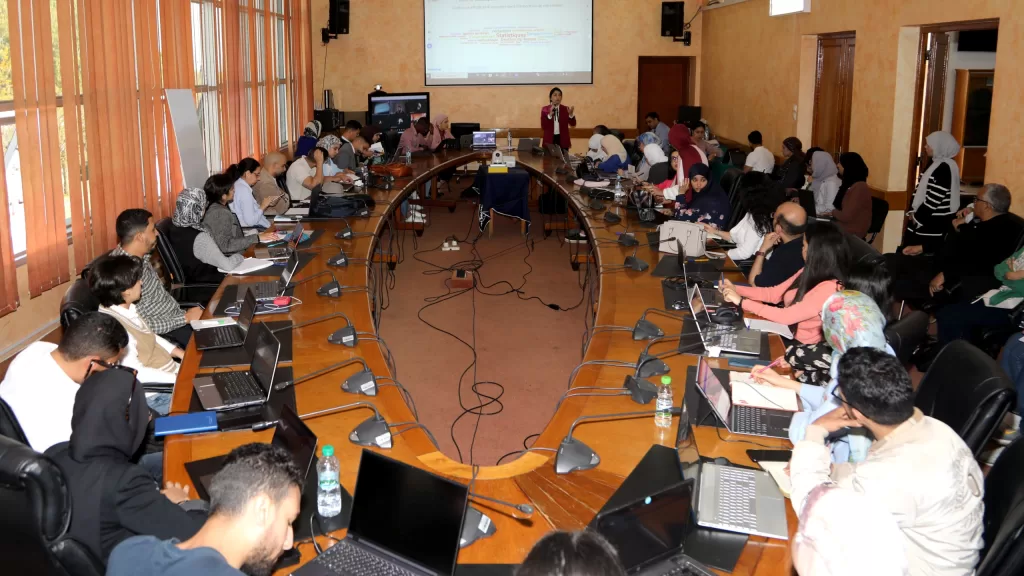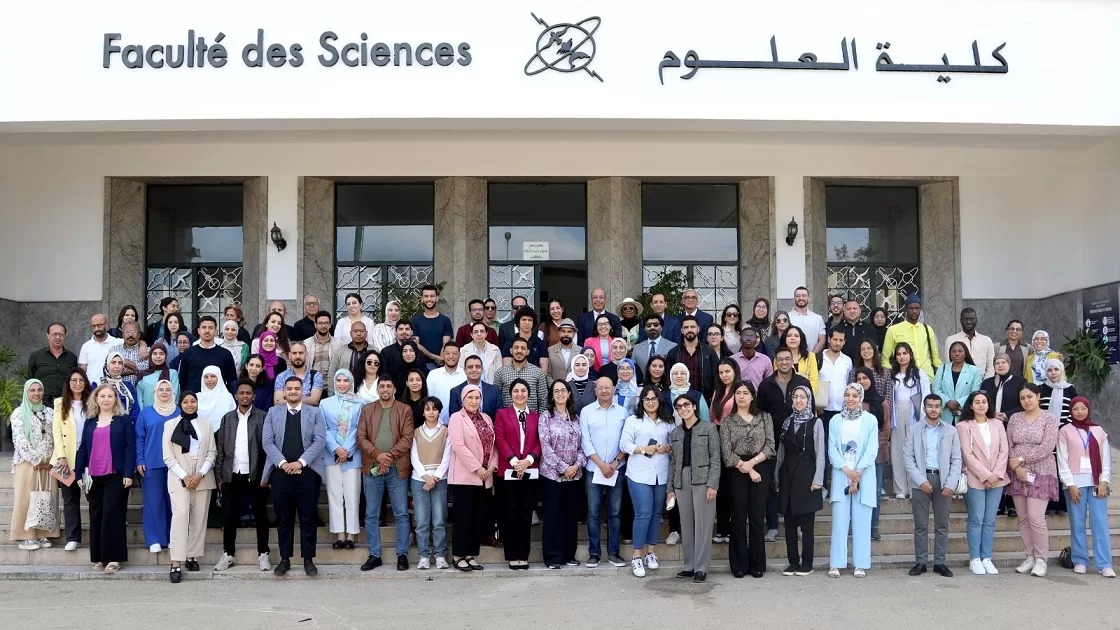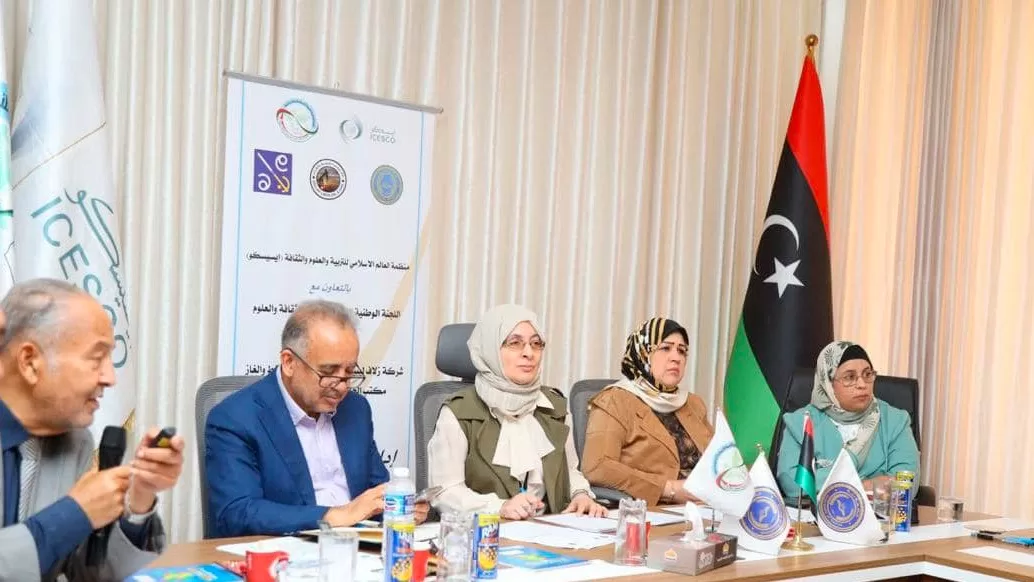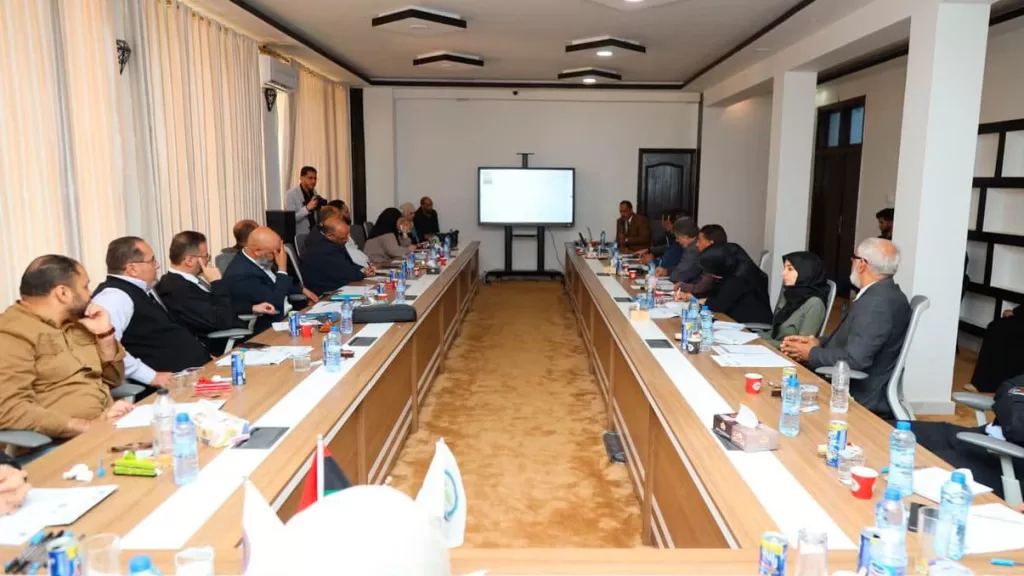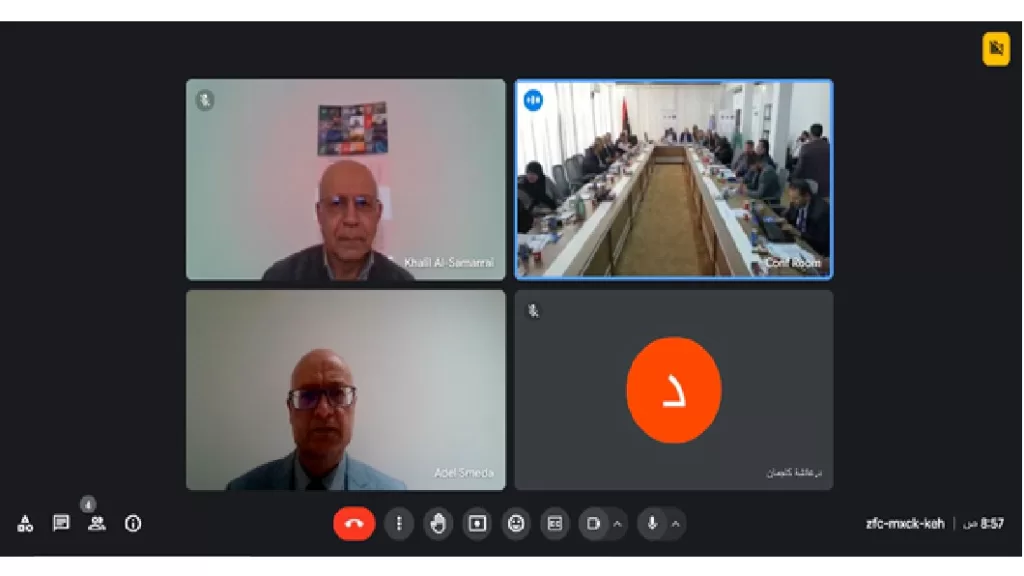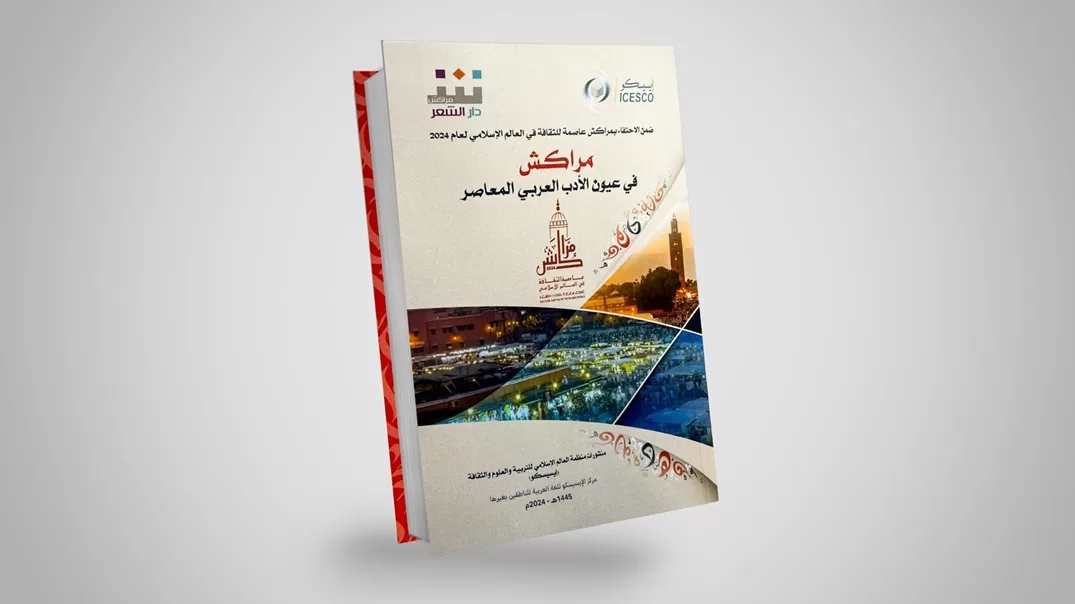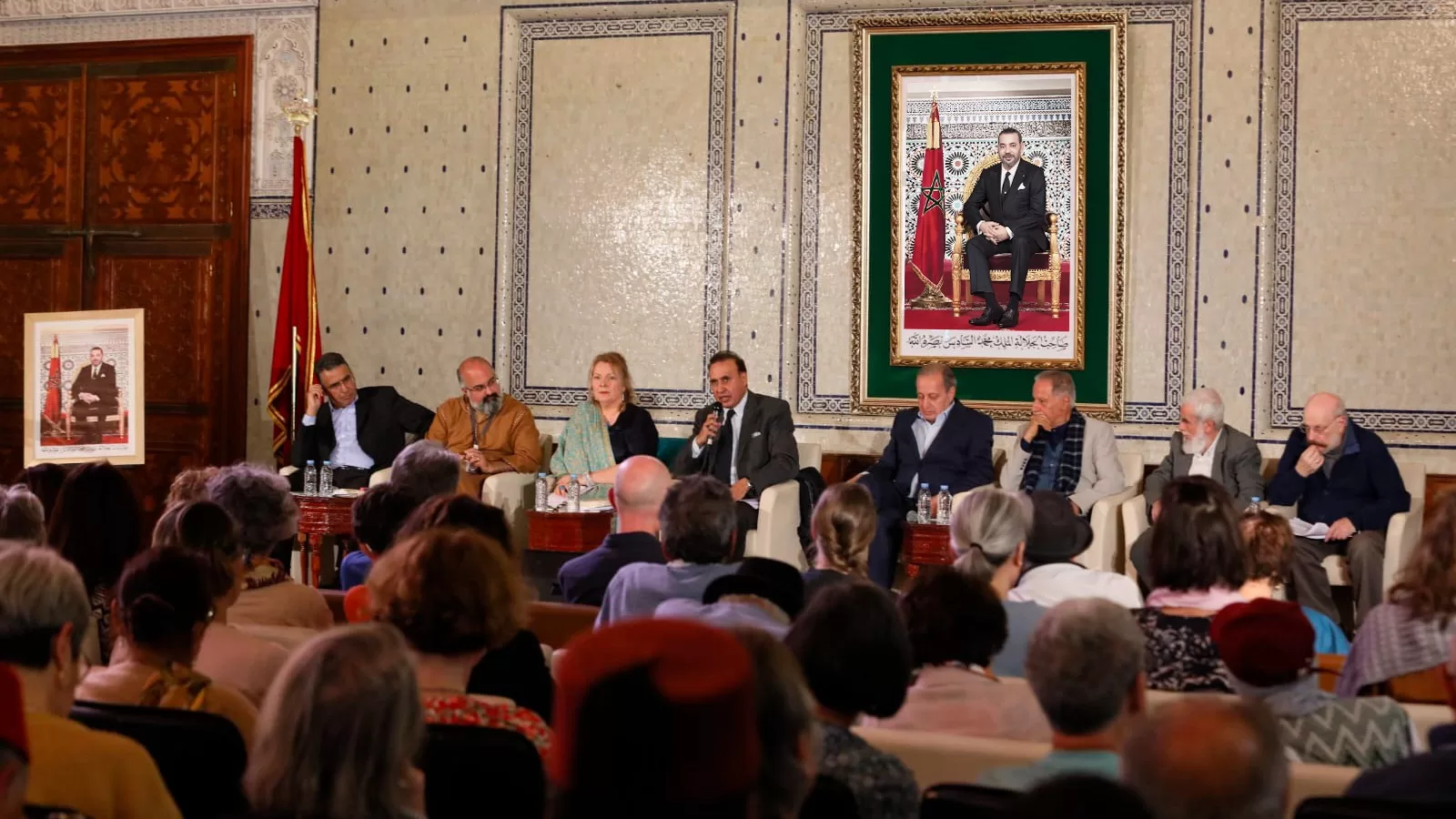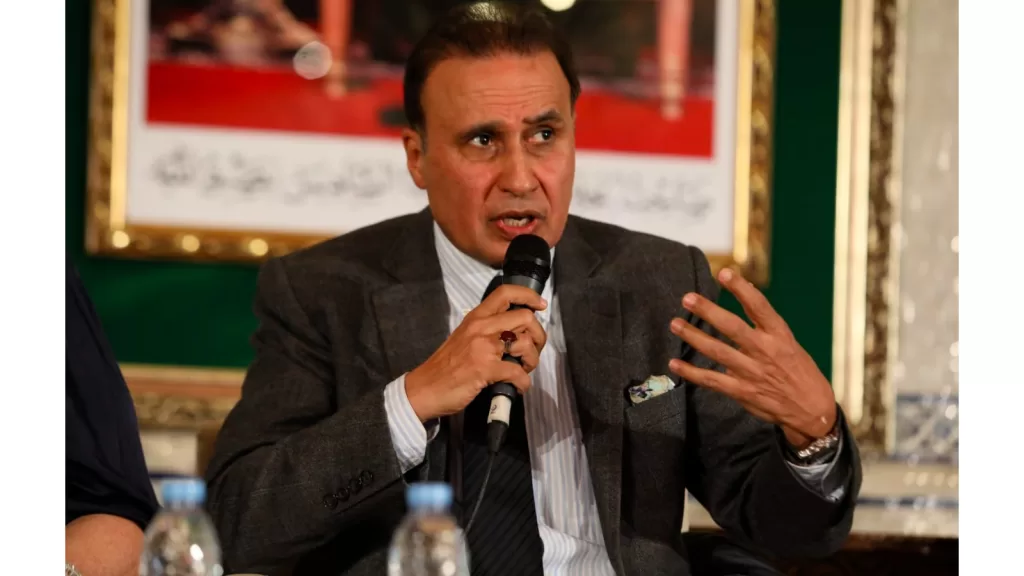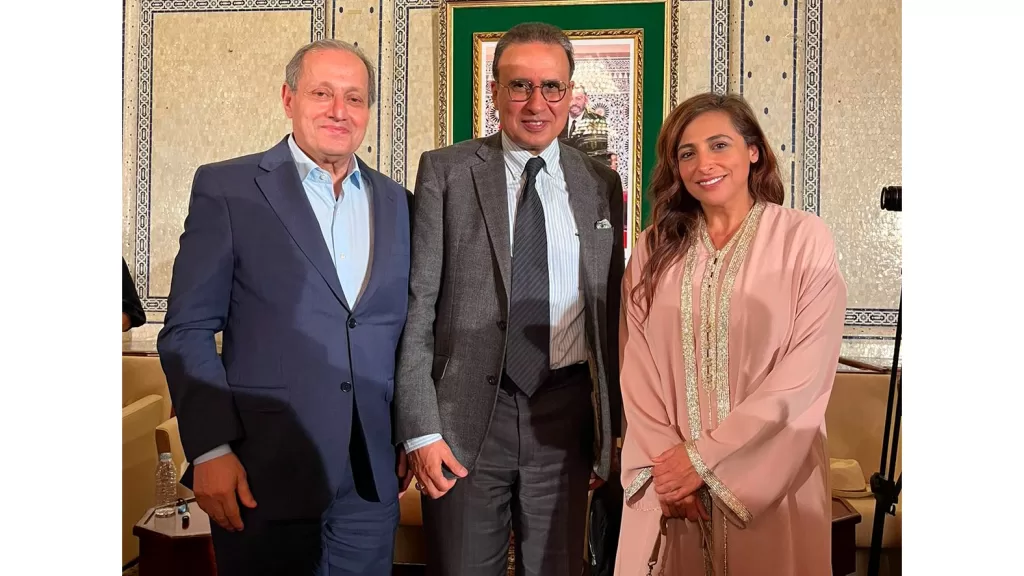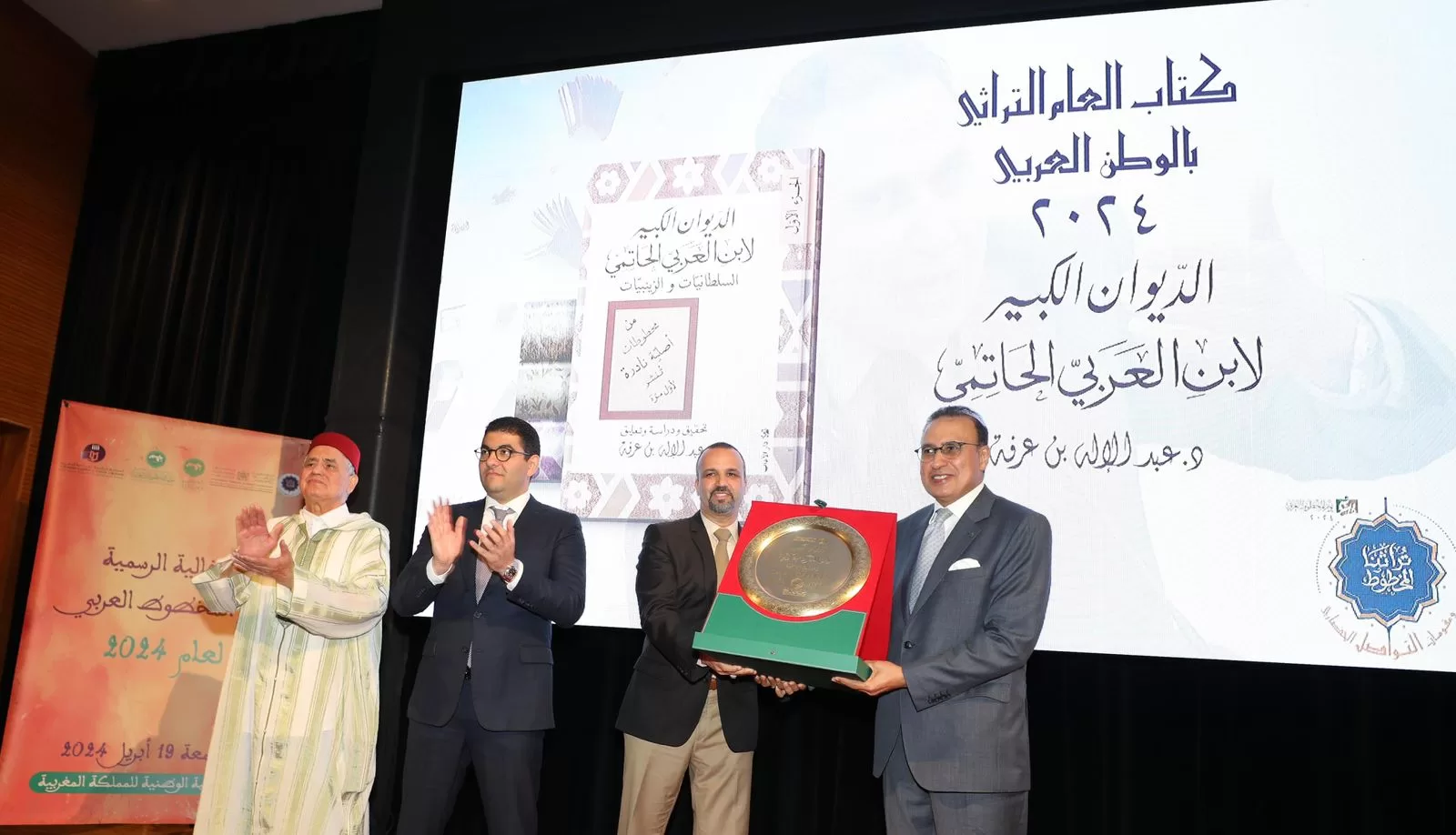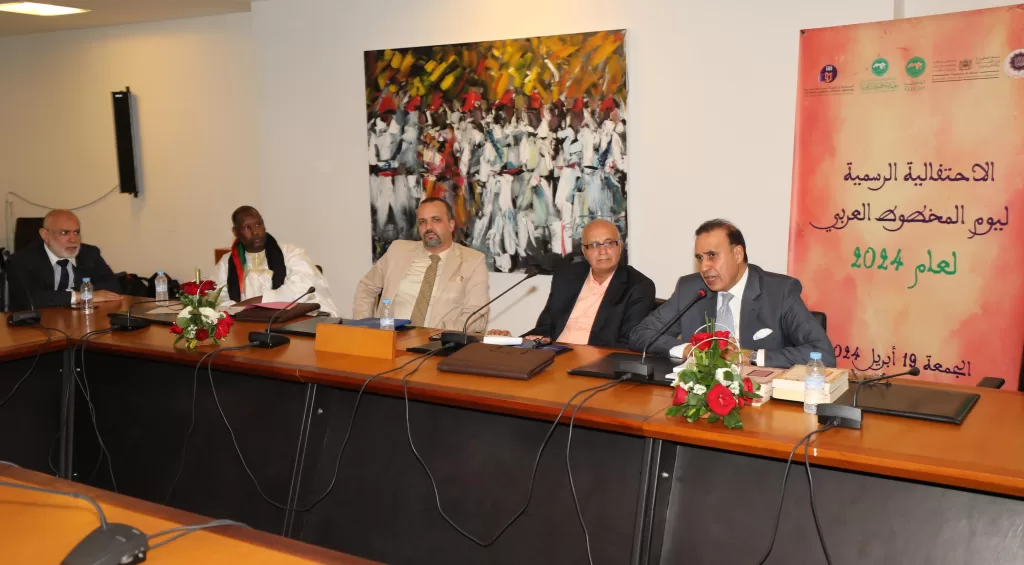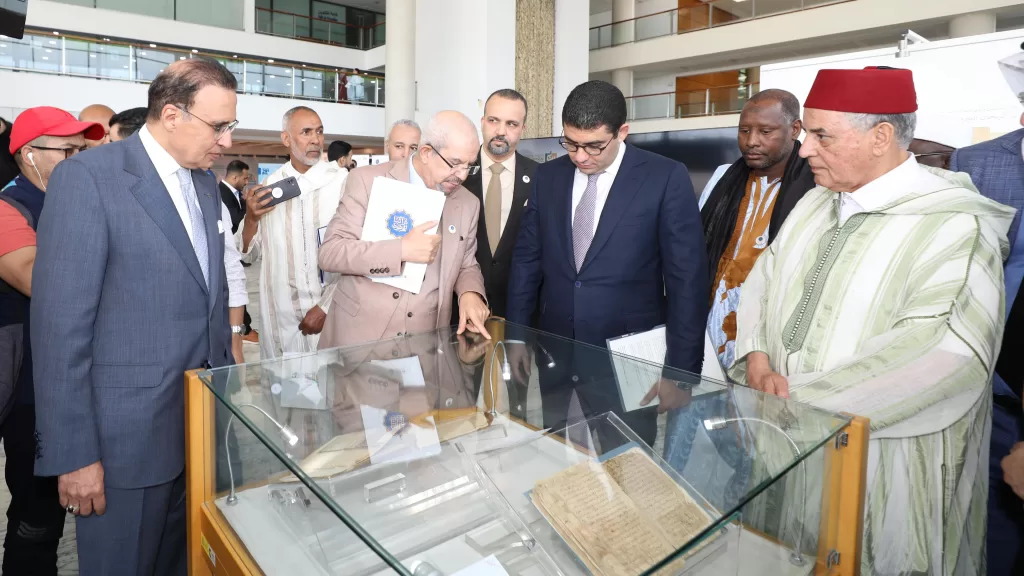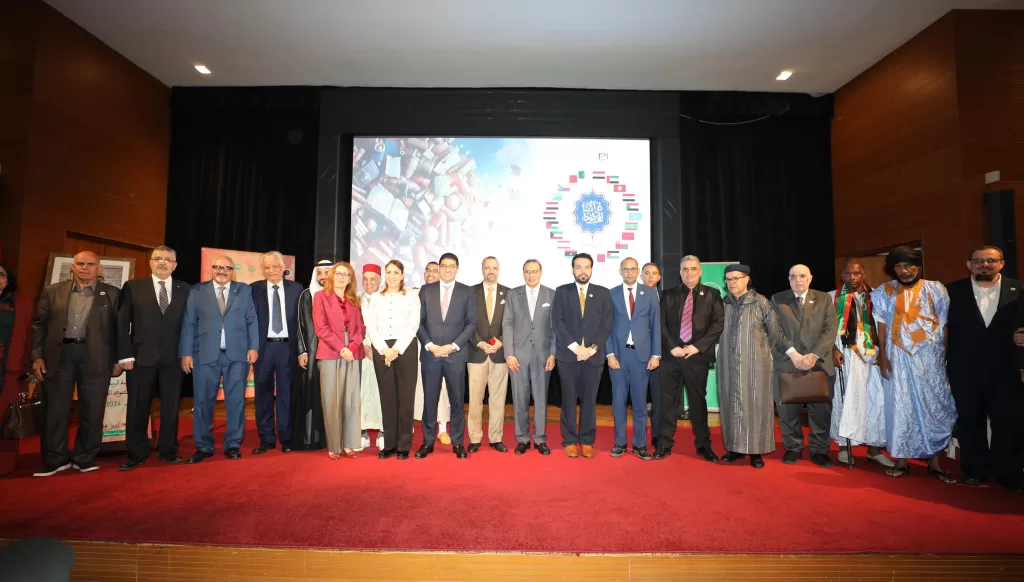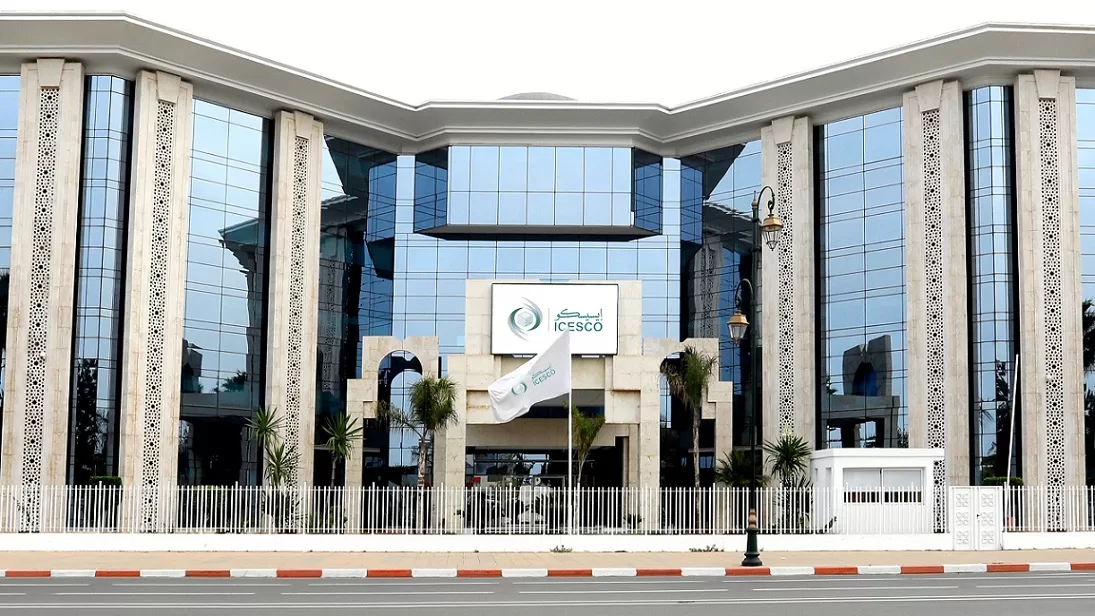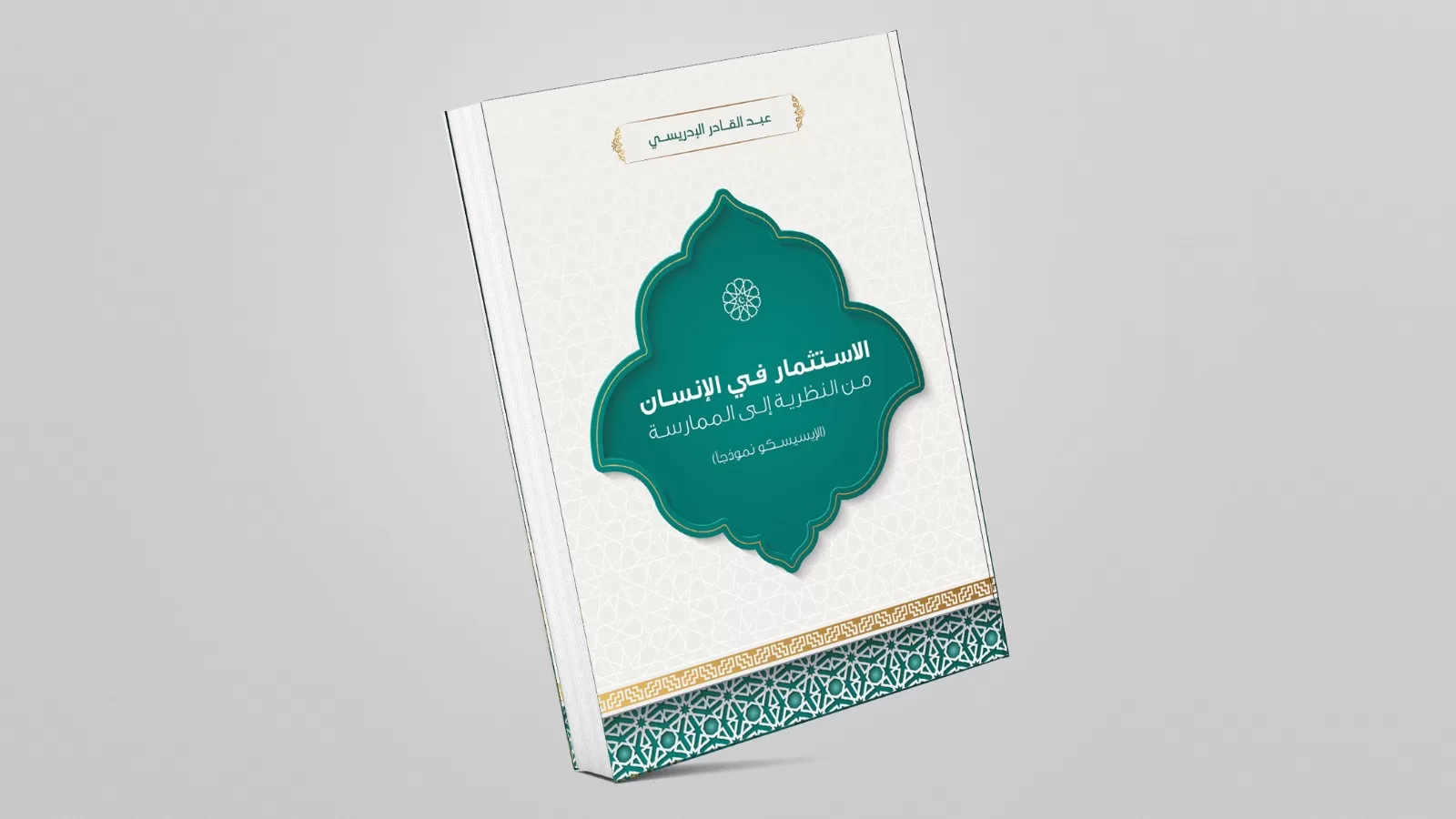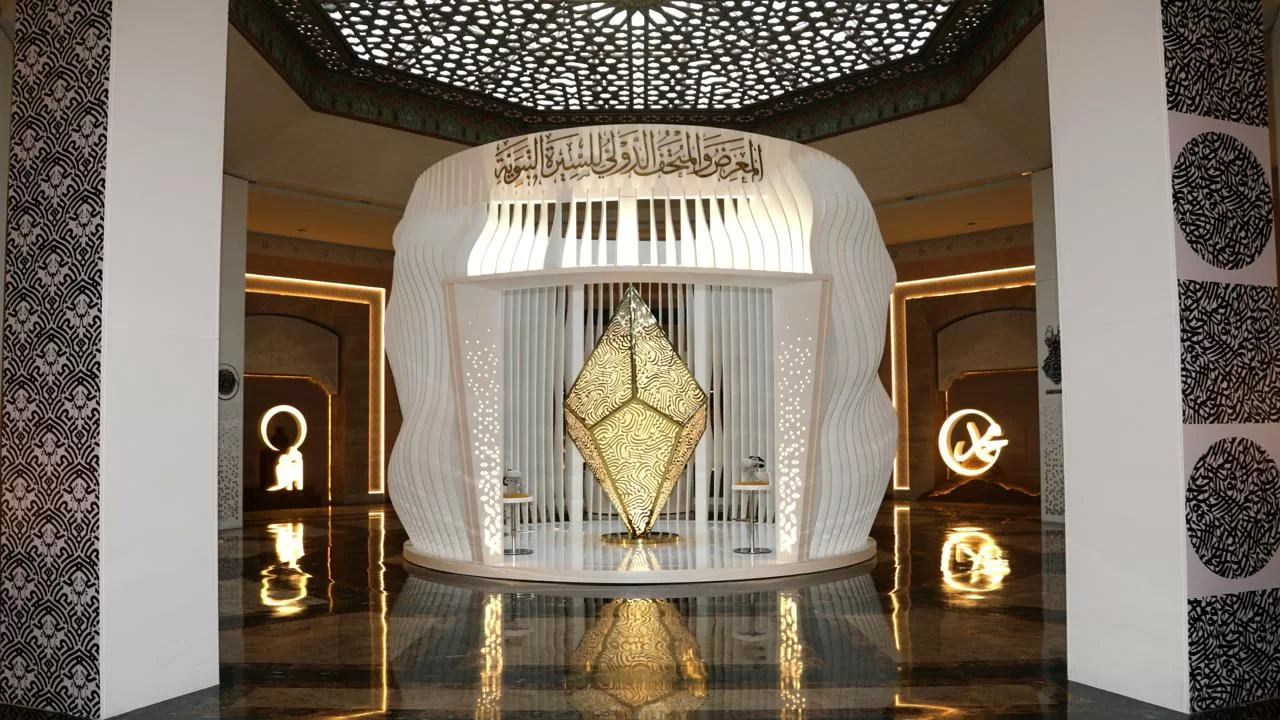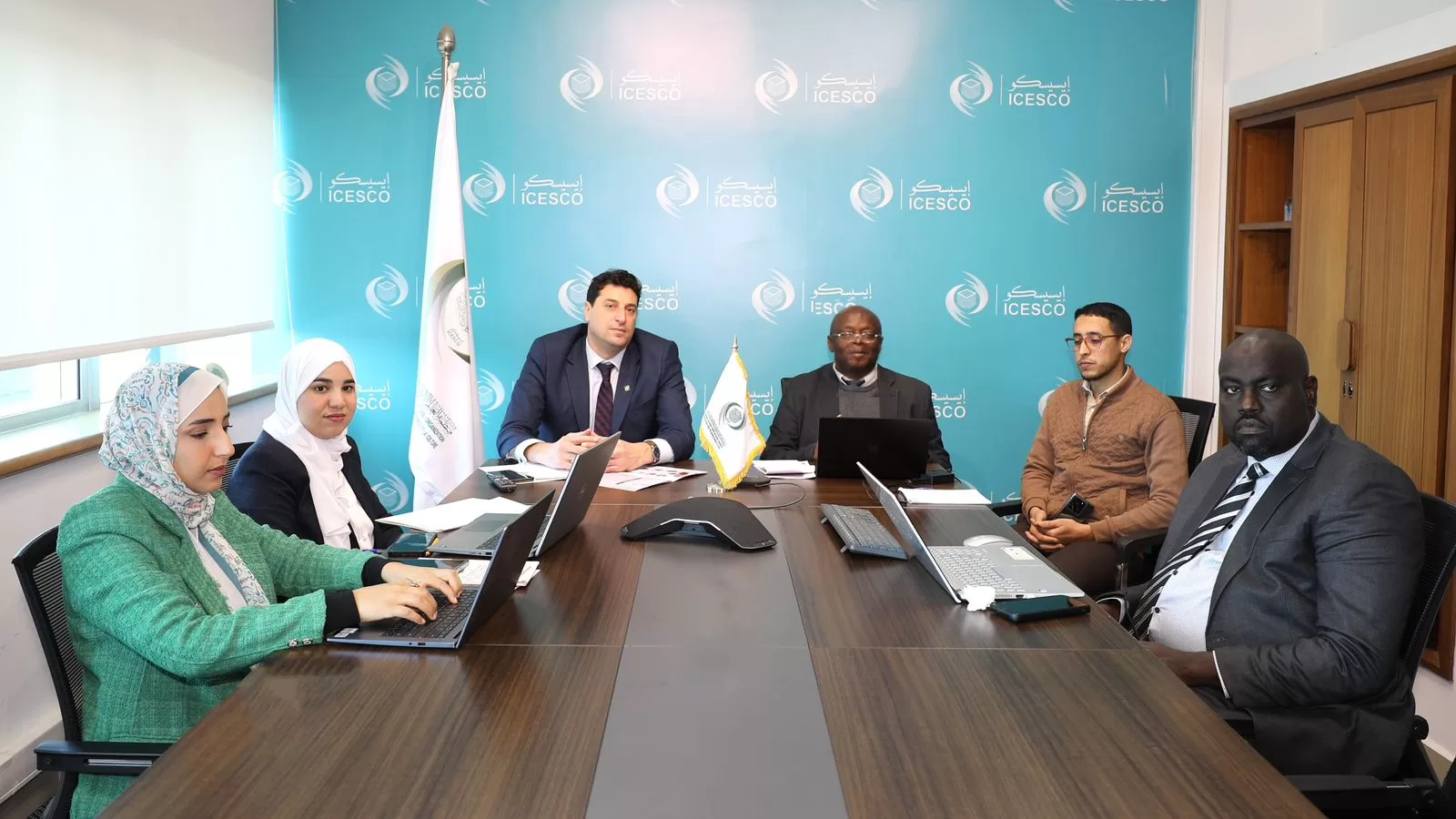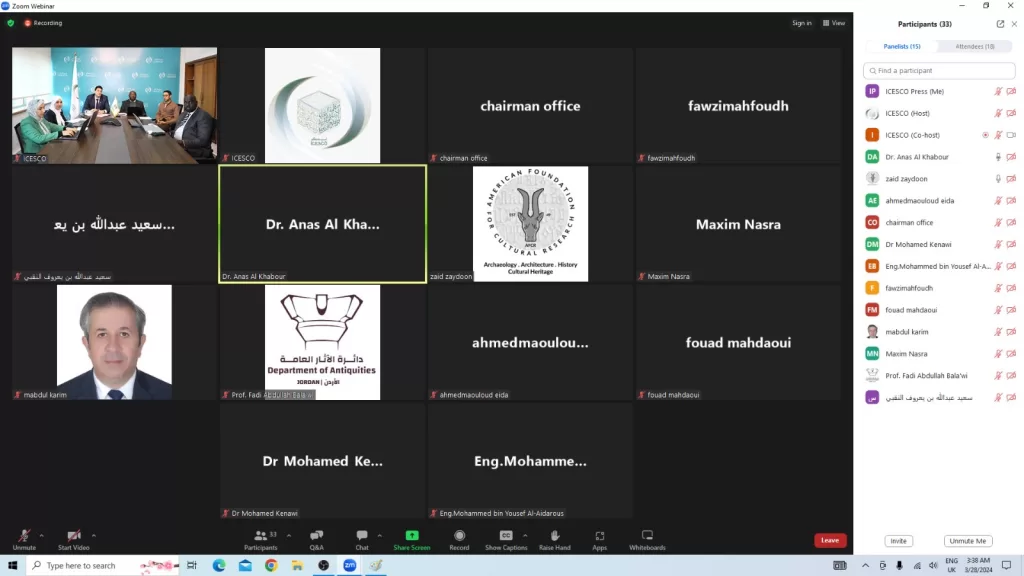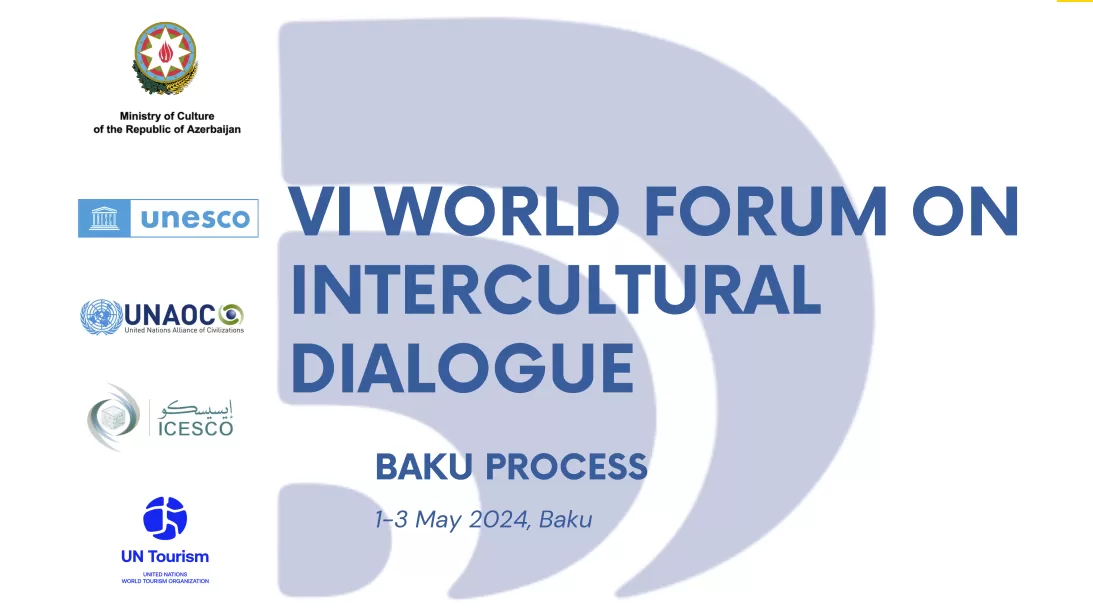The second “MasterClass,” organized by the Islamic World Educational, Scientific and Cultural Organization (ICESCO), in collaboration with the Ministry of Higher Education, Scientific Research and Innovation and Mohammed V University, in Rabat, kicked off on Wednesday, April 24, 2024. The MasterClass, themed “ICESCO Open Education Chair: Towards Equitable Access to Inclusive and Quality Education,” saw the participation of several Moroccan and international experts.
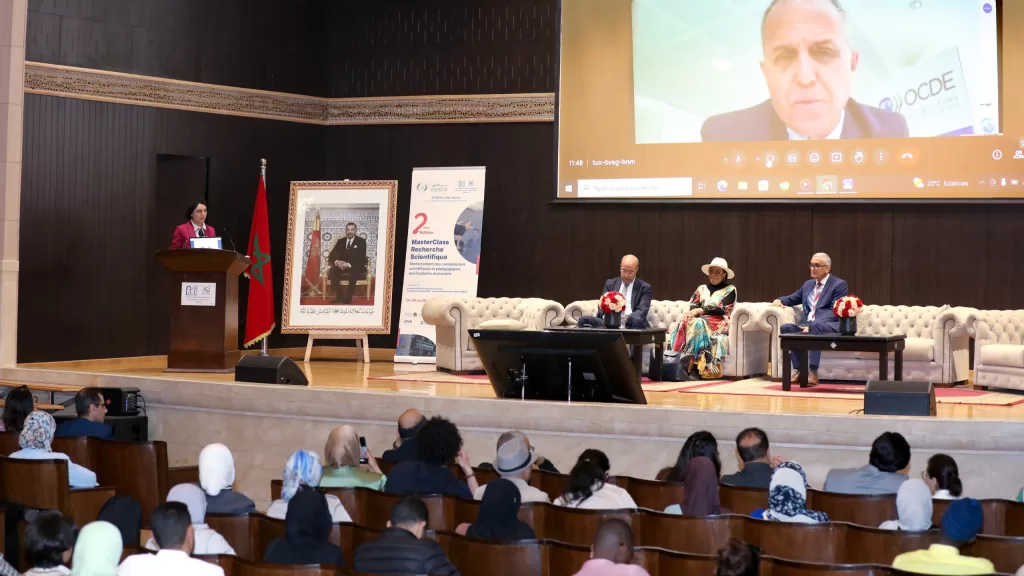
The three-day event, being held in-person and via videoconferencing, at the Faculty of Sciences of Mohammed V University, is held under the rallying call, “Enhancing Scientific Research through Building the Scientific and Educational Capacities of Ph.D. Student, Young Researchers and Professors.” This event, which is part of ICESCO’s efforts to develop scientific research of its Member States in education, educational resources and practices, open science, copyright, authorship and licensing, as well as open data and personal data protection, will benefit all Moroccan universities over the years 2024-2025.

During the opening session, Dr. Mohamed Al-Rakraki, Dean of the Faculty of Sciences, praised the fruitful cooperation with ICESCO and its contribution to advancing open educational and digital resources.
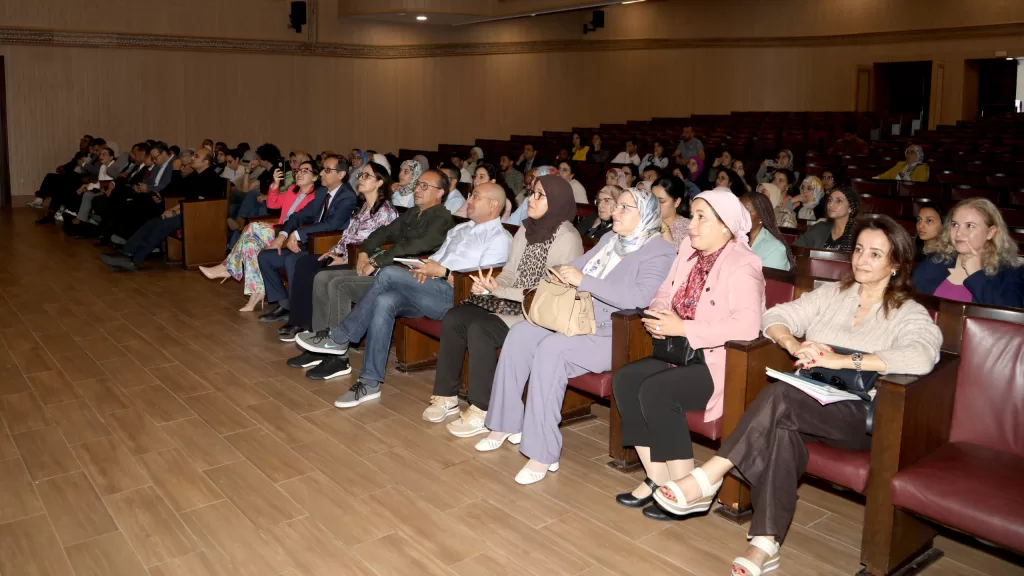
For his part, Dr. Khalid Berrada, Acting Director of Higher Education and Pedagogical Development at the Moroccan Ministry of Higher Education, Scientific Research, and Innovation, Director of ICESCO’s Open Education Chair, commended the leading role of the Chair in supporting the national strategy to accelerate the transformation of higher education, scientific research and innovation system in Morocco.
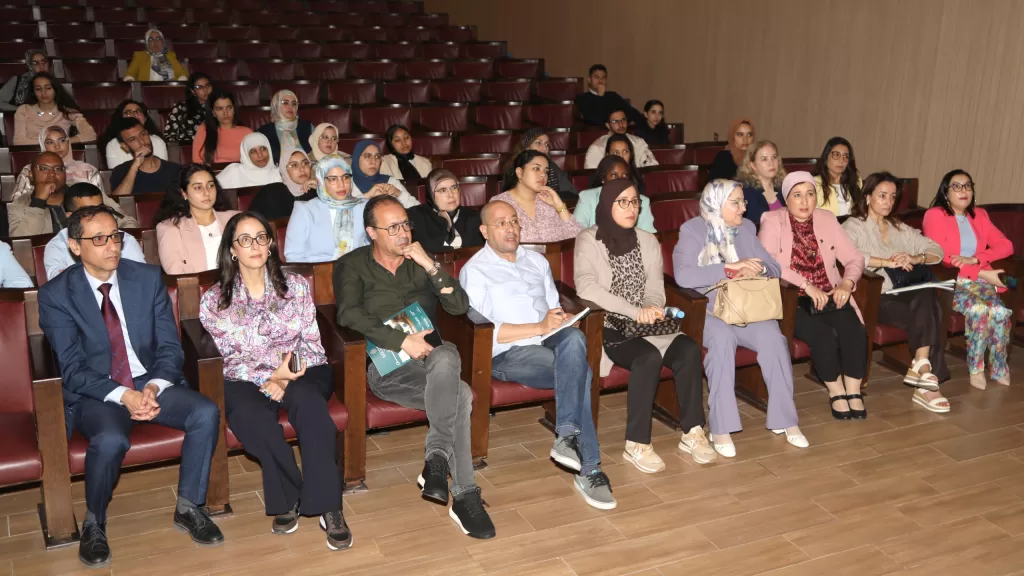
Moreover, Dr. Koumbou Boly Barry, Head of ICESCO’s Education Sector, and Mr. Aziz Al-Hajir, Program Manager at the Sector, have also emphasized the importance of ICESCO’s specialized scientific chairs in education and their role in enabling the universities in the Islamic world and beyond, deepening applied educational research, advocating excellence and innovation through the integration of modern technology and open educational resources, and harnessing artificial intelligence, in accordance with international standards and scientific developments.

